Inclusive development critical for preventing conflict in Africa
- By Zimpapers Syndication |
- 28 Dec, 2025 |
- 0

Sifelani Tsiko ---
African countries must strive to promote a common approach to inclusive development as a key for preventing conflict and enabling sustainable peace on the continent, says the Papal Nuncio to Zimbabwe, Archbishop Marek Zalewski.
He told journalists recently at a Zimbabwe Institute of Diplomacy graduation ceremony that inclusive development and dialogue is critical for preventing conflict on the continent which has several hot spots which have killed or injured scores of people.
“It’s never easy to end the conflict, but we encourage the policy of dialogue,” Archbishop Zalewski said.
“We should apply the policy of inclusion and not exclusion. We should strive for peace, be patient and conduct negotiations to end conflicts in a mutually respective manner.”
Graduating students had completed a certificate course in diplomacy, protocol, etiquette and professional branding.
The Papal Nuncio underlined the primary responsibility of Africa countries to engender inclusive development, with the support of the international community and the participation of civil society, women and youth to ensure long and lasting stability.
“Once you improve the level of human development, the level of conflict will disappear,” he said. “This is very important and we need to prioritise social, economic and political inclusion if they are to be any hope of rebuilding trust and ending conflict in Africa.”
Peace has been elusive in several parts of Africa including southern Africa,
The Papal Nuncio said it was important for citizens to participate actively in an inclusive way in the field of education, health, employment and other social sectors.
This, he said, would help broaden the development agenda and highlight the fundamental importance of inclusive societies in building a more peaceful world.
Archbishop Zaleswki affirmed strong linkages between peace and security and inclusive development.
He said that exclusion and inequalities were important factors fuelling violent unrest, insurgencies and terrorism and all other forms of conflicts.
Head of the Zimbabwe Institute of Diplomacy and former Ministry of Foreign Affairs official, Mr Vova Chikanda underlined that terrorism could not be countered by military means alone.
“Force alone cannot fight terrorism,” he said. “We need diplomatic skills, we need negotiations, and we need inclusive policies.
“In short, we need the soft power of diplomacy to end conflicts and bring about peace.”
He also emphasized the need to promote values such as tolerance and moderation, inclusivity in multi-ethnic and multi-religious societies to prevent conflicts.
Earlier this year, Ban Ki Moon, secretary - general of the United Nations, stressed the importance of integrating the three pillars of United Nations concerns: peace and security, development and human rights.
“We must break out of our silos and work together on all three areas simultaneously,” he said, noting that in negotiations on the post-2015 sustainable development agenda, much attention had been paid to all three areas.
“We now have an important opportunity to broaden the development agenda and highlight the fundamental importance of inclusive societies in building a more peaceful world,” he said. “Development that excludes part of the population can be socially corrosive. It can contribute to crime and create a sense of hopelessness and alienation.”
Security experts say that the biggest threat to terrorism was not “the power of missiles”, but the politics of inclusion, including education and jobs.
They argue that all countries need to focus on narrowing social gaps and preventing segments of the population from being left behind.
They also say that Africa needs to intensify efforts to address underdevelopment, which was a root cause of conflict on the continent.
Security analysts say the number of conflicts worldwide has greatly decreased over the last two decades.
They also suggest that despite shouldering a larger share of the conflict burden, in absolute terms, Africa has also become more peaceful as well
According to the Uppsala Conflict Data Program, the remaining conflicts seem to cluster in specific regions and involve only a few of Africa’s 54 countries.
The conflict data showed that 12 African countries experienced armed conflict in 2014 while Burundi, Niger and Chad have also been added to the list of trouble spots.
Security analysts say geographically Africa’s conflicts are tightly clustered along an arc stretching from northern Mali through southern Algeria and Libya into Egypt, extending into the Sinai peninsula.
They say the Boko Haram conflict in northeastern Nigeria is another epicentre and situated in relative proximity to an area of conflict hot spots in the Central African Republic, eastern Democratic Republic of the Congo, Burundi, South Sudan and Darfur.
On Africa’s eastern coast, the Somali civil war, which sparked off three decades ago, is still raging on.
The Boko Haram insurgency continue to be a substantial source of violence in Nigeria, Niger, Chad and Cameroon, although not on the extreme level experienced in 2014 and early 2015, according to latest findings.
“The DRC’s conflict in the east is a much more long-term affair with dozens of militia groups hanging around after the official 2003 end to the Second Congo War,” says a security analyst in an online report titled: “The wars ravaging Africa in 2016.”
“Low-level violence will persist here as well, with flare-ups likely in case the U.N. peacekeeping operation MONUSCO decides to bring the hammer down on some of these groups.”
For southern Africa, the current hit-and-run attacks by the Mozambique National Resistance (MNR or Renamo) are a cause for concern together with the instability in eastern DRC and Lesotho.
Renamo’s attacks have been disruptive to Mozambique’s national development as well as on regional trade routes and tourism.
The escalation of a simmering conflict between old civil war foes, the opposition Renamo guerillas and the Mozambique Liberation Front (Frelimo) since late last year has seen the number of Mozambican refugees in Malawi rising to more than 11 000, according to the United Nations agency for refugees (UNHCR).
This conflict is a serious setback for Mozambique which has registered tremendous economic growth in recent years. The country was poised to escape years of poverty and conflict by tapping into its huge energy resources.
Civil wars in Mozambique and Angola since 1976 killed and displaced thousands of people apart from the struggle for independence in other parts of the region.
The disruption of the active period of economic and military destabilization from 1976 was costly for southern Africa with human and financial losses of about 1,5 million people at a cost of more than US$60 billion up to 1989, according to a UN report on destabilization published at the time.
The additional costs of recovery, reconstruction and lost development were substantial, with its impacts stretching into the present.
More than US$14 trillion was spent on international conflicts in the past year, according to a report by the Institute for Economics and Peace (IEP), which found that Syria, Iraq and Afghanistan were the worst affected countries recording a surge in war deaths and destruction of property running into billions of dollars.
“Not only have the civil wars caused untold damage to human and physical capital, but they have created one of the biggest forced displacement crises since World War II,” said Shanta Devarajan, World Bank chief economist for the Middle East and North Africa region in a latest report.
“Unemployment is high among refugees, especially women and those who do work often work in the informal sector with no protection. About 92 percent of Syrian refugees in Lebanon have no work contract and more than half of them work on a seasonal, weekly or daily basis at low wages.”
Conflicts in Africa since the end of the cold war have cost the continent £150 billion, equivalent to all the foreign aid it received over the same period, according to a report released by Oxfam in 2007.
The study, Africa's Missing Billions, says that almost half of the countries on the continent have been involved in some form of conflict since 1990 at a substantial cost to lives and development.
The DRC, has suffered heavily from decades of foreign invasion and civil war that, besides causing the deaths of about 4 million people, has cost it £9 billion, according to 2007 Oxfam estimates.
Security experts say the figures, though, underestimate of the true cost of conflict because they do not take into account the economic impact on neighbouring countries, which are frequently affected by political insecurity or an influx of refugees.
One spillover from conflict is the vast numbers of small arms that end up contributing to violent crime, armed robberies, murders, cattle rustling and gang violence.
They say fighting poverty and implementing inclusive development policies as well as curbing the proliferation of small arms remains critical in conflict prevention.
No Comments


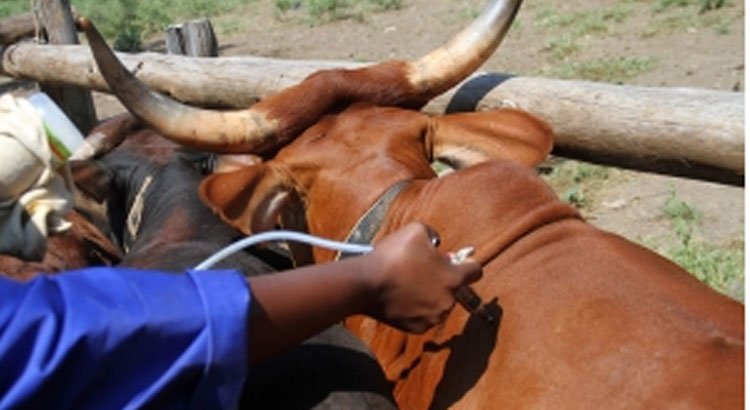
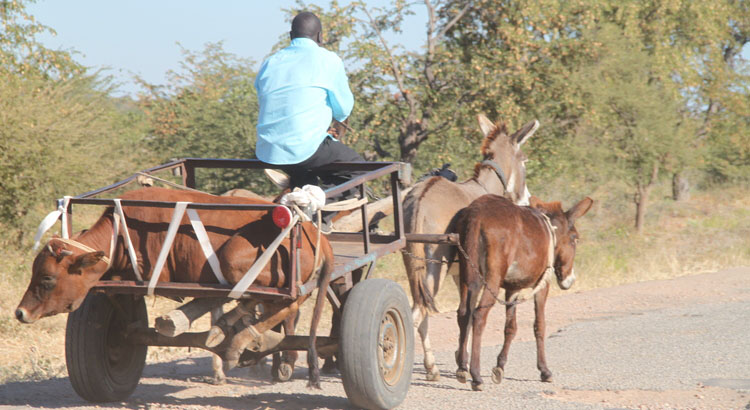

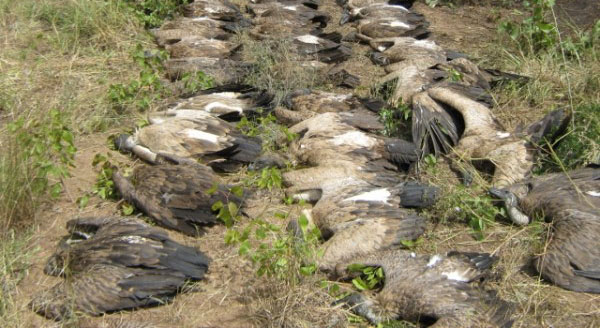
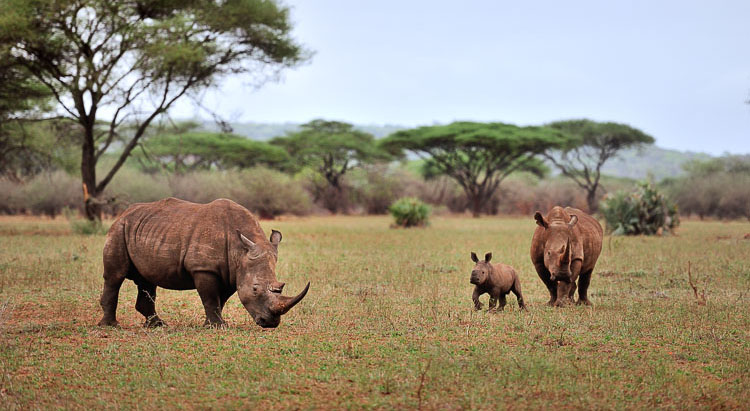


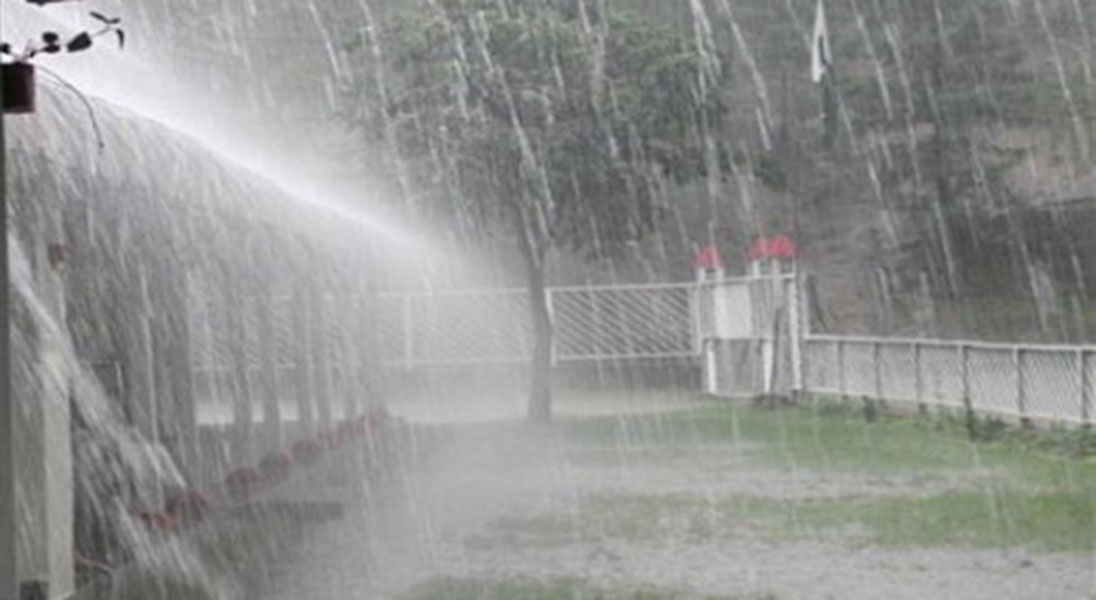
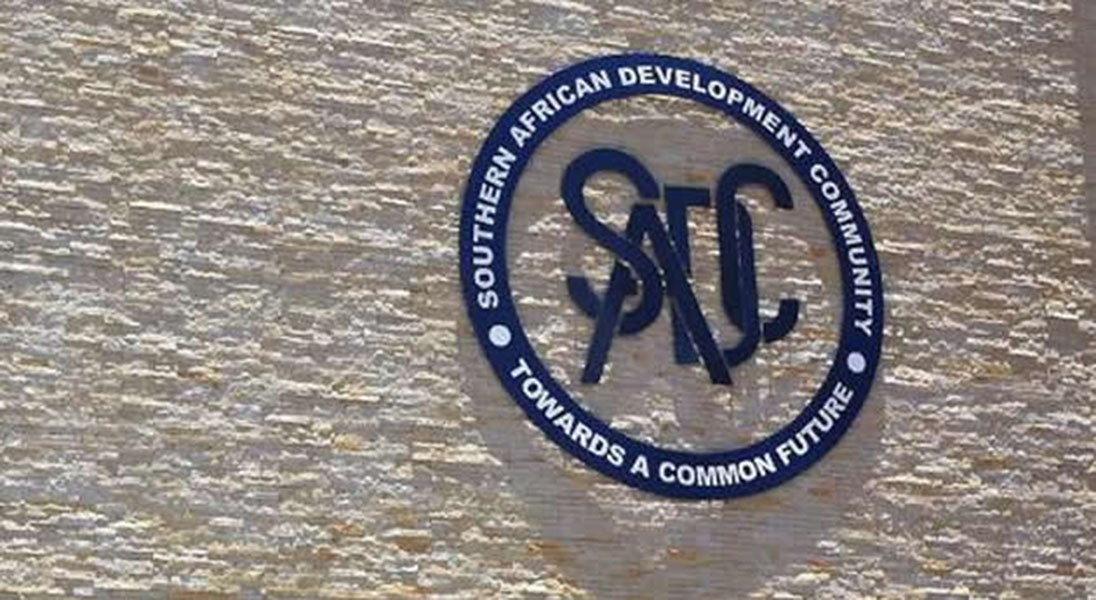
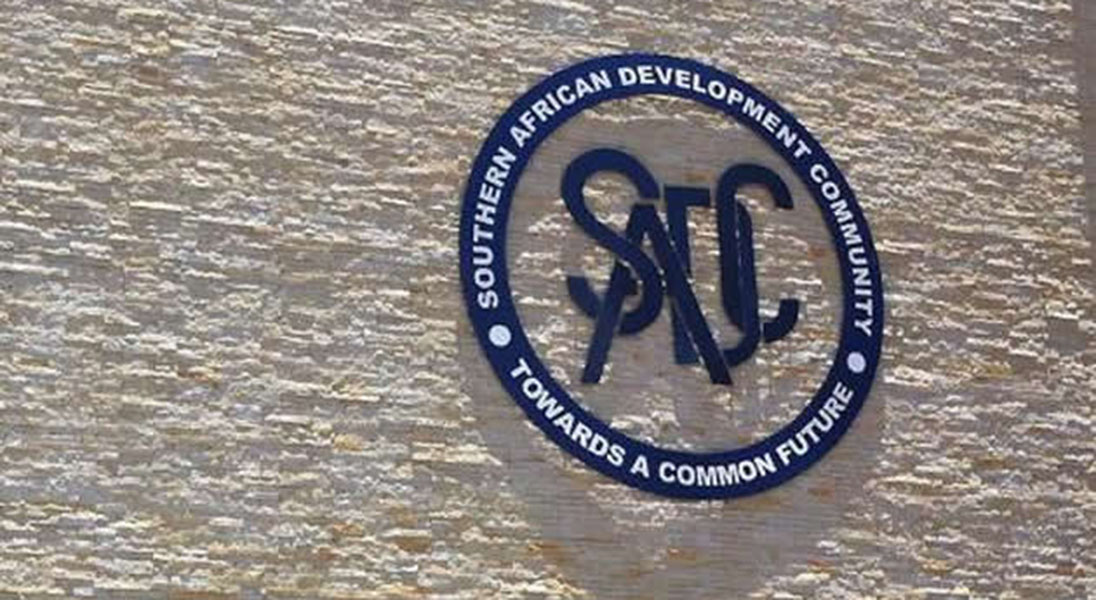
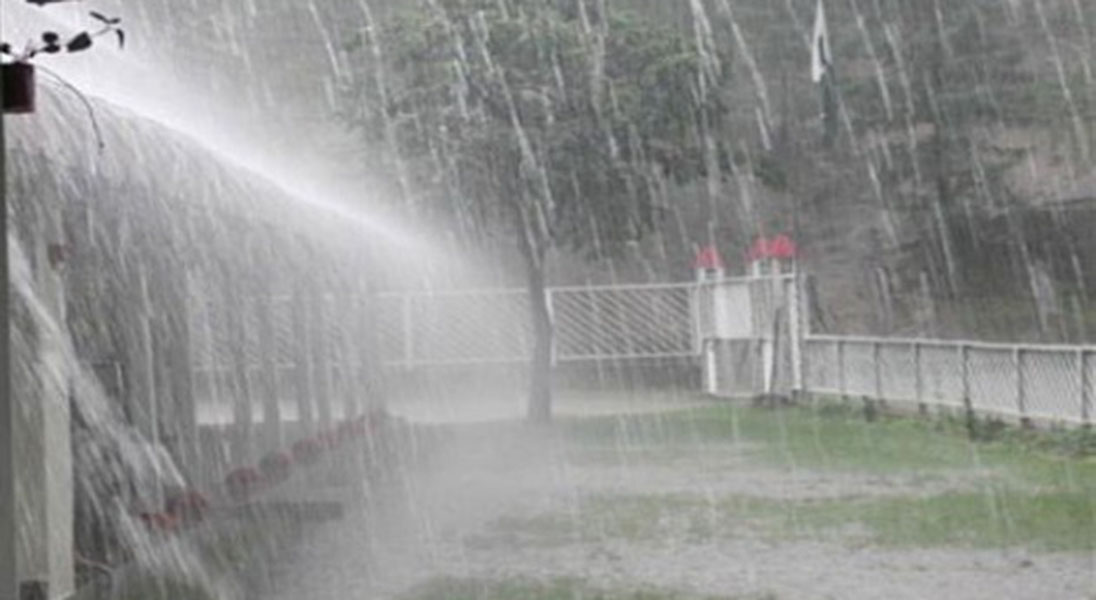
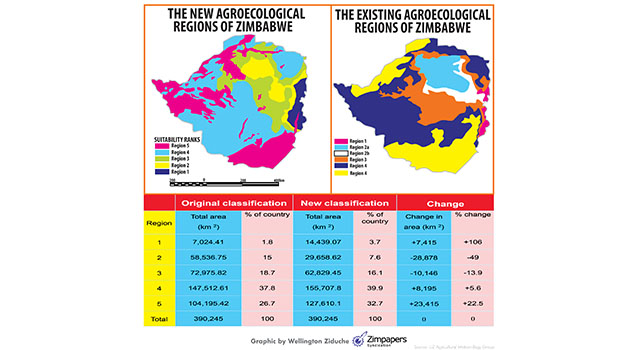
Comment